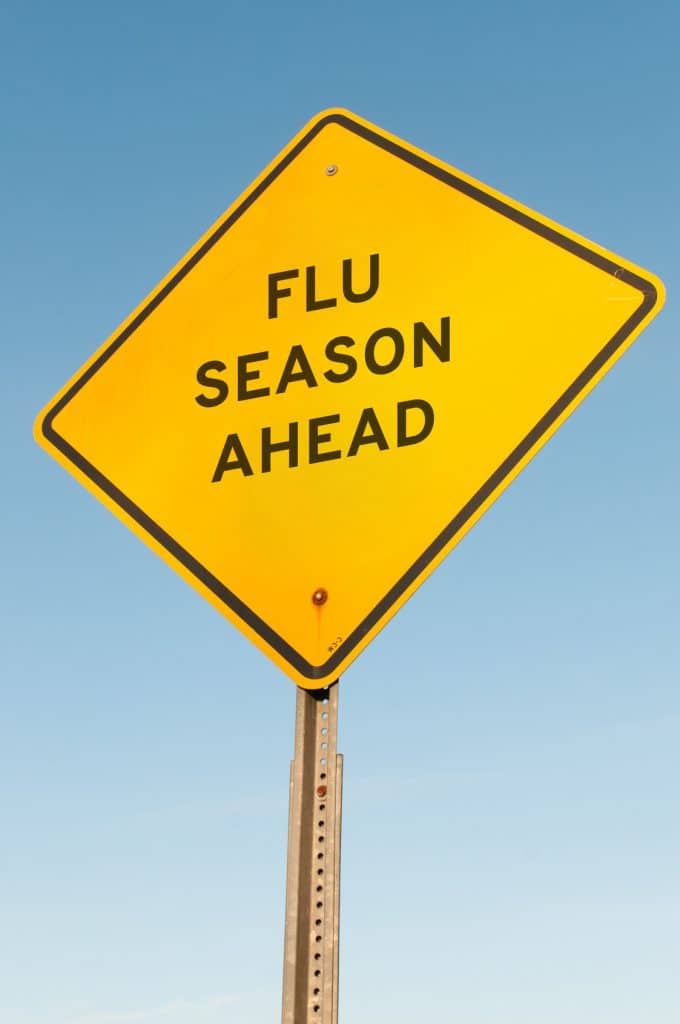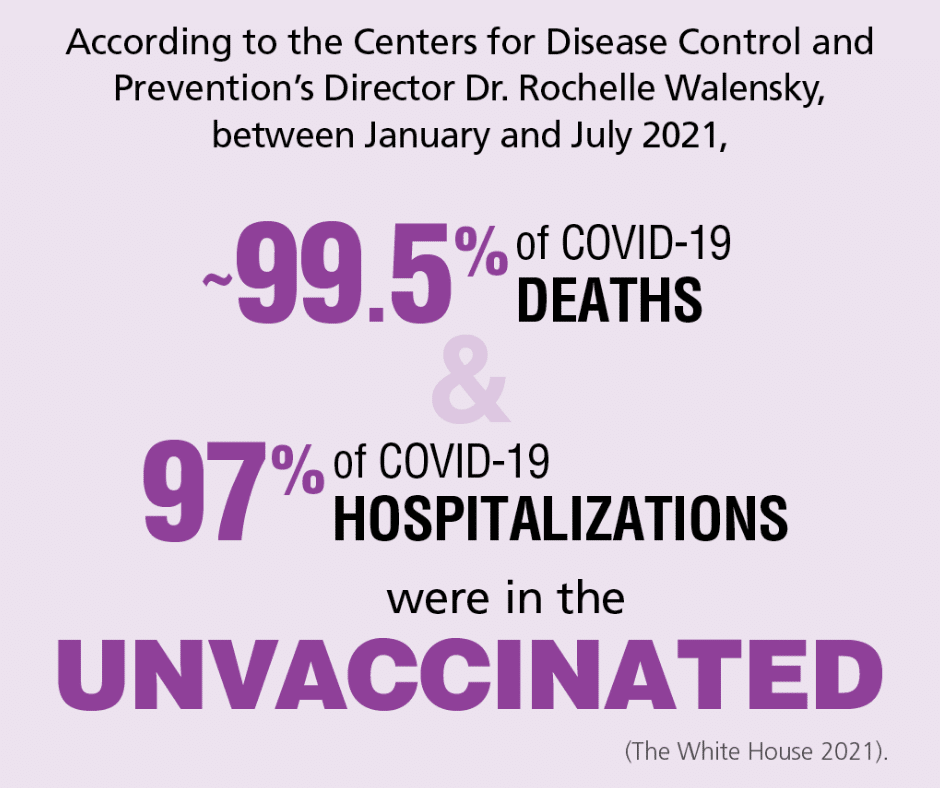
We are coming up on that time of year again for those of us in the Northern Hemisphere: the flu season. While there’s no exact date as to when the flu season officially begins, seasonal outbreaks can begin as early as October.
No matter when the season begins, it’s important to make yourself aware about the flu and the necessity of flu vaccination. Throughout the next few weeks, we’ll be giving you facts and information on the flu, how it can affect people, and why you should consider getting vaccinations for yourself and your family members.
For our debut post, we tell you more about influenza and the benefits of the influenza vaccine for older adults.
Introduction
Immunosenescence refers to the weakening of the immune system that occurs when humans age. This specifically affects the body’s ability to react to disease. As we age, it becomes much more difficult for our bodies to fight infection, largely due to the decrease in the production of white blood cells. To fight back, it is very important to be up-to-date on immunizations. There are several common diseases in the aging population that can help be prevented by immunizations. We’ll take a look at one of these diseases: influenza, or the flu.
Background on Influenza
Influenza is an endemic disease, meaning that it appears regularly among the general population. Common symptoms of this respiratory disease include fever, cough, sore throat, runny nose, aches, and fatigue. It is spread by droplets that are released during coughing, sneezing, or even talking.
According to the Centers for Disease Control and Prevention, during the last few flu seasons 50 to 70 percent of all flu-related hospitalizations have occurred in people ages 65 and older Additionally, 80 to 90 percent of all flu-related deaths in that time-span occurred in people ages 65 and older,
The Benefits of the Influenza Vaccine for Older Adults
For those ages 65 and over, the best defense against morbidity and mortality due to the flu is receiving the annual flu vaccine.
There are three types of flu viruses: Type A, B, and C. Influenza vaccines tend to protect against two strains of Type A viruses and one strain of Type B virus. Type C virus only causes mild symptoms and does not pose a threat to the population. The introduction of influenza antigen—a foreign entity that causes an immune response—into the body forces the creation of antibodies that are then able to protect against infection.
There are two choices when it comes to the flu vaccine for people ages 65 and older: a regular-dose vaccine and a high-dose vaccine. The high-dose vaccine has four times more influenza antigen than the regular-dose vaccine, which stimulates a much stronger immune response. There are ongoing studies to determine whether one vaccine should be more preferred over the other, but as of now the CDC does not have a preference for people over the age of 65.
Another option, the nasal-spray vaccine, is not approved for use in people over the age of 49.
Additional Resources
To learn more about the flu vaccine and people ages 65 and over, take a look at these resources:
- Vaccine Schedule for Older Adults
- Facts about the Seasonal Flu Vaccine
- What to Know about Flu Season as an Older Adult
- Protecting against the Flu
- The Benefits of Flu Vaccine Infographic
Michael Engler is the Health Education Intern at the Alliance for Aging Research. He is currently a junior at American University in Washington, D.C., studying Public Health and Statistics.






